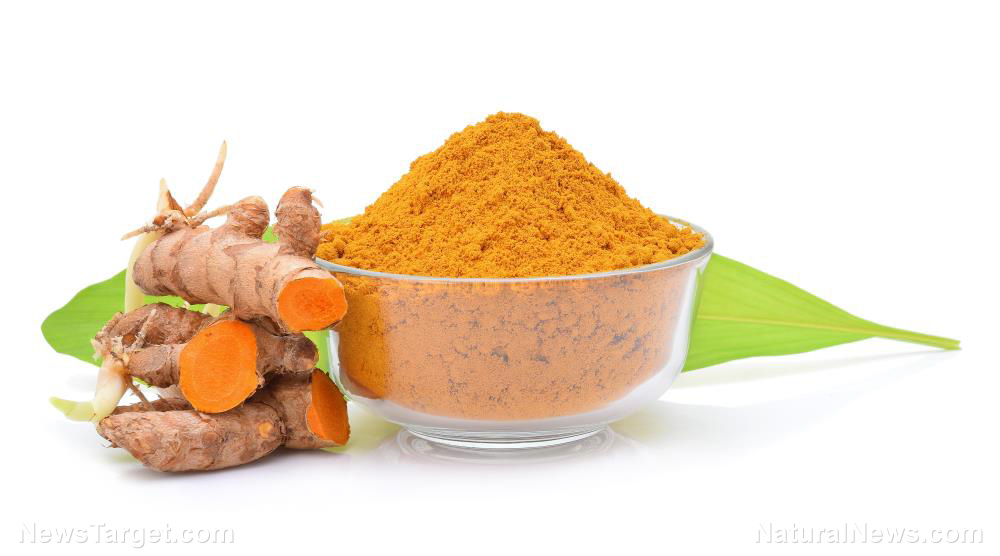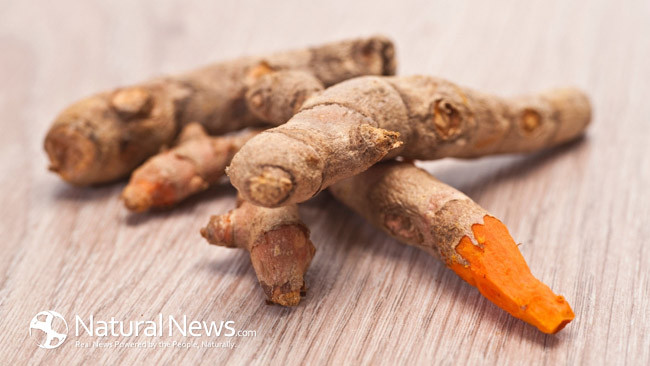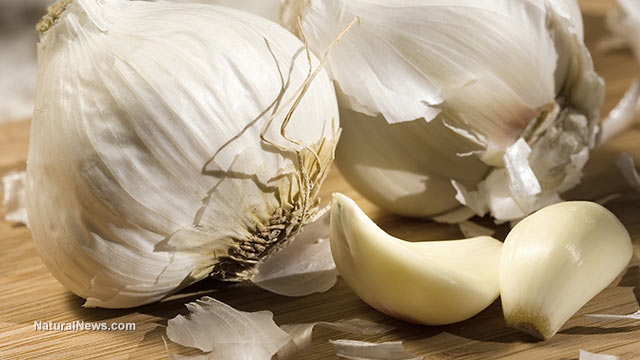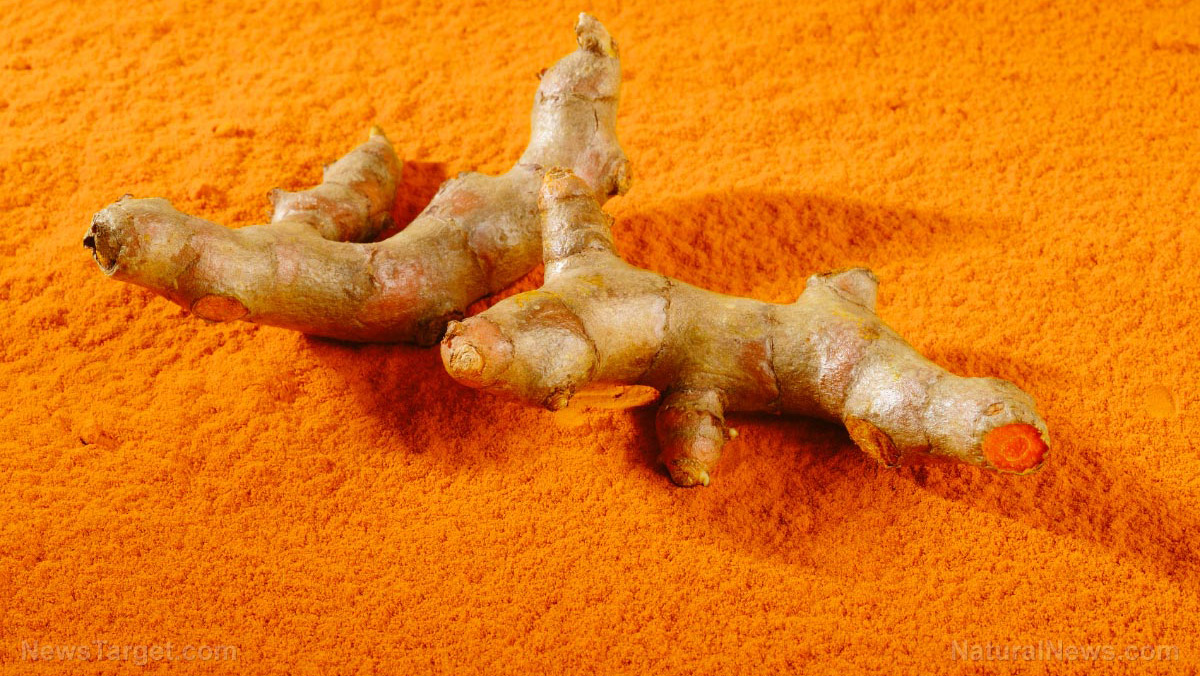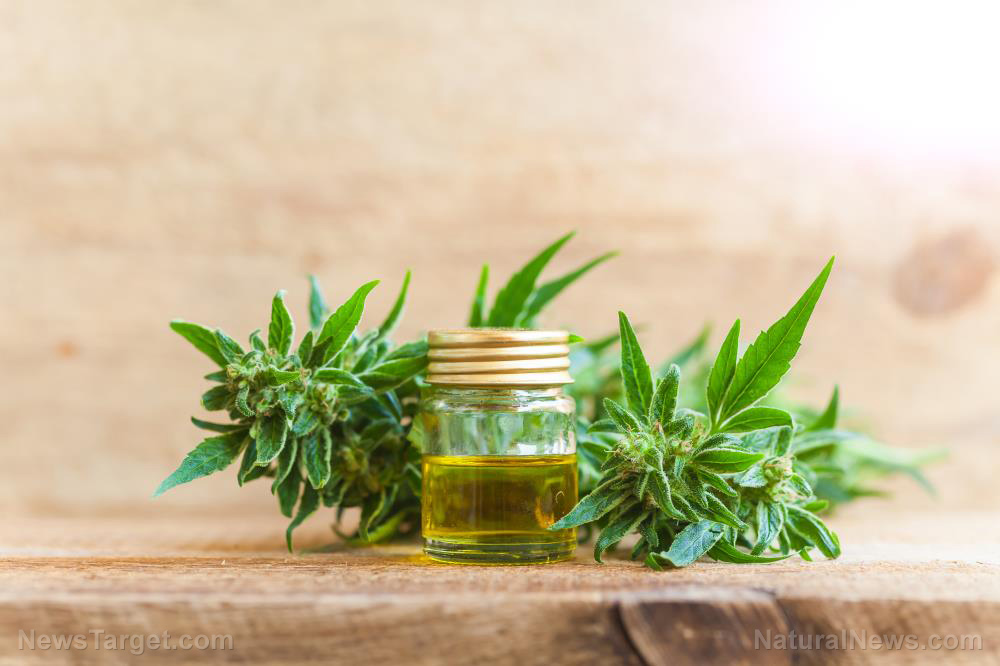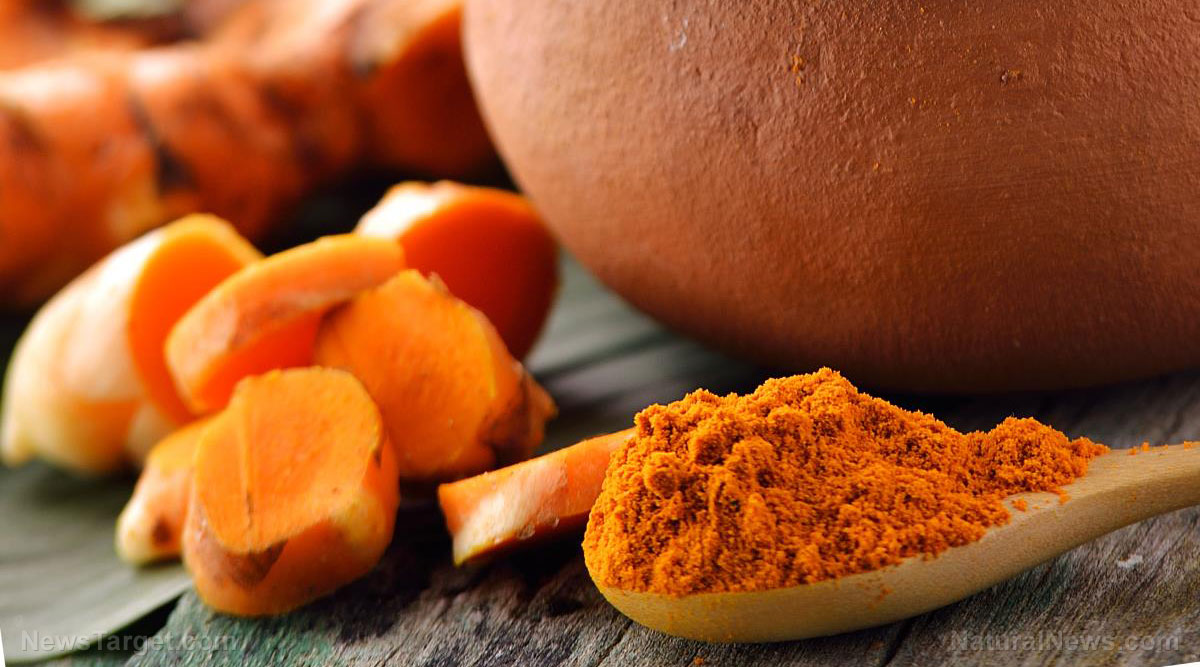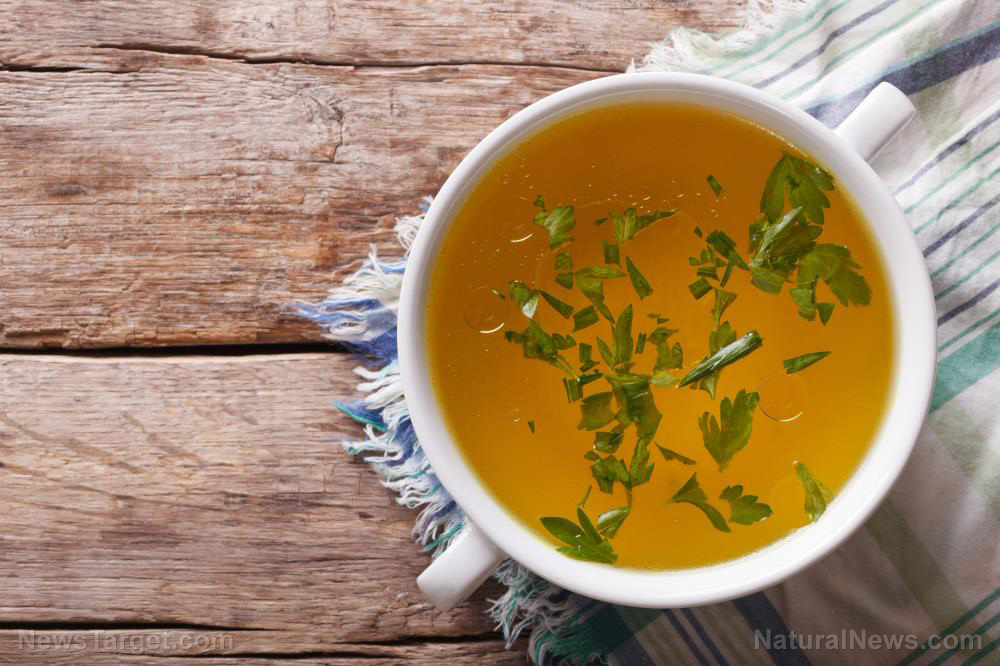Boost flavor and health benefits by adding herbs and spices to your meals
06/27/2019 / By Vicki Batts
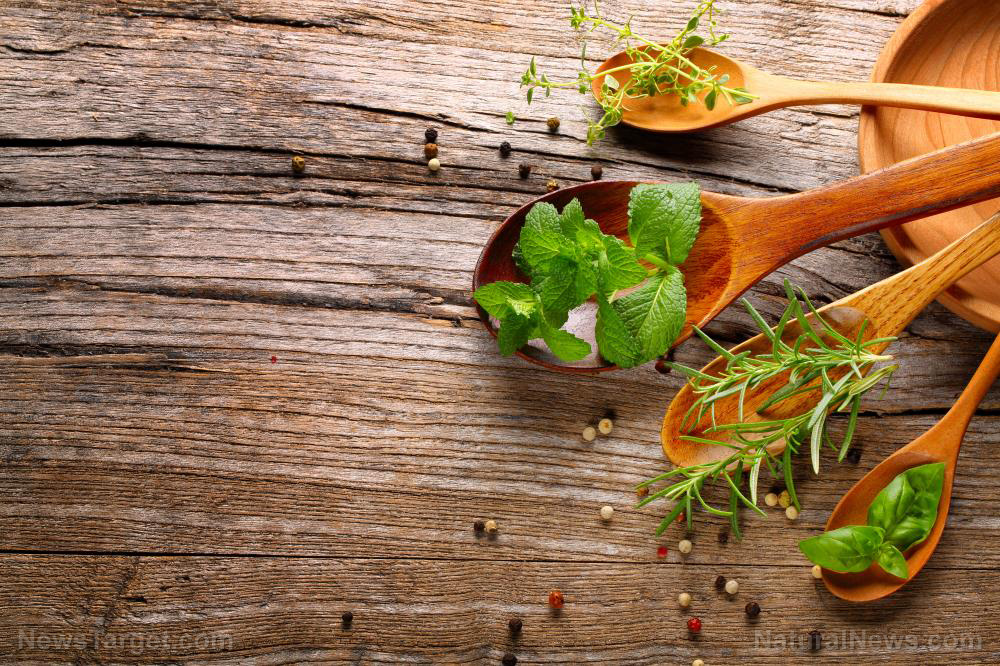
Spices and herbs are a part of every home chef’s flavor arsenal, but your favorite seasonings have a lot more to offer than just taste. Whether you’re talking about garlic or parsley, there are serious health benefits to be had through flavoring your food. Not only do herbs and spices contain an array of nutrients, antioxidants and other valuable phytochemicals, they are a great way to flavor your food without adding too many calories.
For cultures around the world, spices and herbs are more than just flavorings for food: They’re part of a tradition. And in many places, the kitchen spice rack and the medicine cabinet are one and the same. Many herbs and spices are prized not only for their role in traditional cuisine, but for their place in herbal medicine, as well.
5 Herbs and spices for big flavor and good health
There is no shortage of herbs and spices to choose from — and each one comes with its own unique set of health benefits to offer, alongside its individual flavor profile. Here are five of the most potent herbs and spices to keep on hand:
Garlic
Garlic is used in a variety of different cuisines around the world. Whether you’re making pesto or peanut sauce, it’s a key component for many flavorful foods. But garlic isn’t just a fragrant herb, it’s also got enormous health benefits.
As Mind Body Green reports, studies show garlic can help support a strong immune system. In addition to warding off illnesses like cold and flu, scientists have found that consuming garlic can also help prevent cancer. In a study of women from Iowa, researchers found that those who ate the most garlic dropped their colon cancer risk by an astonishing 50 percent.
Ginger
Ginger makes a great addition to soups, stir-fry, salad dressing and even smoothies. But did you know this warming spice has a long history in alternative medicine? Natural health practitioners from all walks of life have long used ginger to treat a variety of ailments — most notably, stomach problems. Mind Body Green reports that ginger can be used to treat motion sickness, indigestion, nausea and other digestive woes.
Studies show that ginger is an excellent pain reliever for people with arthritis or menstrual cramps. Healthline also suggests that recent research has linked ginger supplementation to a reduction in cancer risk.
Turmeric
No spice is more highly regarded for its health benefits than turmeric. Studies have demonstrated turmeric is capable of potent anticancer activity, and is also a powerful antioxidant with strong anti-inflammatory capabilities. Scientists even believe turmeric can help prevent Alzheimer’s. See more on the latest scientific studies of “the golden spice” at Turmeric.news.
Hot peppers
There are many types of hot pepper: Crushed red pepper, cayenne, chili, just to name a few. Capsaicin is an odorless, colorless compound that makes peppers hot. But heat isn’t the only thing hot peppers are bringing to the table: Capsaicin is a powerful medicine. Science shows capsaicin actually helps promote healthy digestion. Studies have also shown that it can boost fat burning and reduce appetite — and some research also suggests capsaicin can help prevent some types of cancer.
Sage
During the Middle Ages, sage was a prominent herb that was highly regarded for its healing powers. Nowadays, science continues to support sage as a natural medicine. Healthline reports studies show that sage is particularly useful for protecting brain health — especially in the case of Alzheimer’s. In one recent analysis, experts found sage produced “significant improvements” in cognitive function in people with the disease. Sage also contains powerful antioxidants and is a potent antimicrobial agent.
There are many other beneficial spices and herbs on the market. Cinnamon, fenugreek, basil and peppermint are just a few of the many other natural medicines at your disposal.
Learn more about spices and herbs at NaturalMedicine.news.
Sources for this article include:
Submit a correction >>
Tagged Under:
antioxidants, basil, capsaicin, cayenne, cinnamon, fenugreek, functional food, garlic, ginger, grocery cures, healthy eating, Herbs, hot peppers, natural cures, natural medicine, natural remedies, peppermint, phytonutrients, prevent disease, prevention, sage, Spices, turmeric
This article may contain statements that reflect the opinion of the author
RECENT NEWS & ARTICLES
COPYRIGHT © 2017 TURMERIC NEWS

